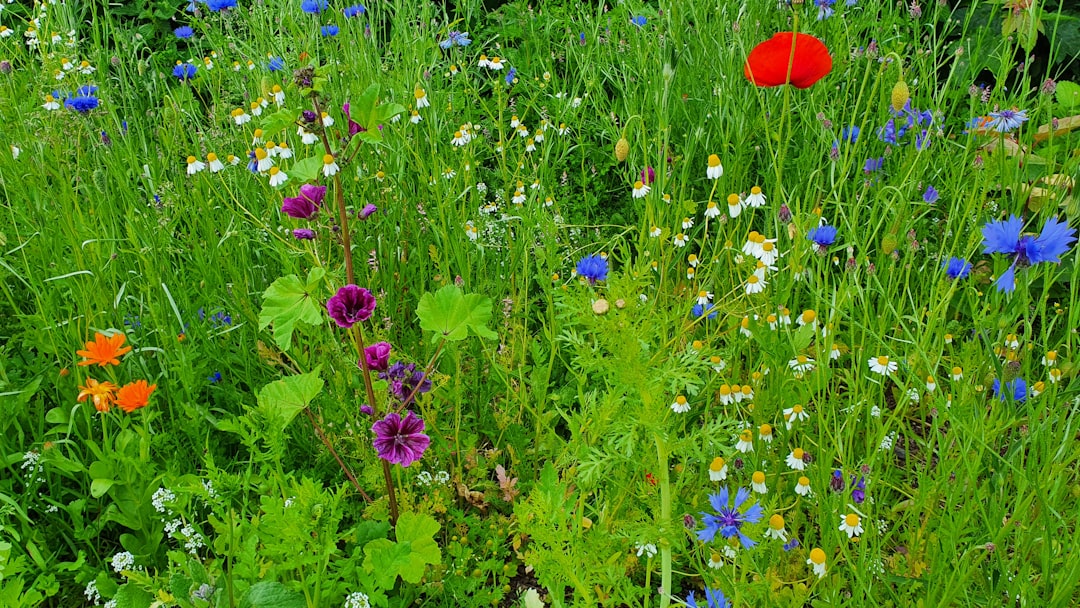The Hidden Gems for Your Landscape: Beyond Boxwoods

When it comes to landscaping, boxwoods have long been a popular choice. However, there are times when you might need a fresh alternative. Here, we'll explore 11 evergreen plants that can serve as excellent substitutes for boxwoods in your landscape.
First on the list is the Japanese Holly. With its small, glossy leaves, it offers a similar look to boxwoods but has a more refined appearance. It can be easily shaped into hedges or topiaries, adding a touch of elegance to your garden. Japanese Holly is also quite hardy and can tolerate a variety of soil conditions, making it a versatile option for different landscapes.
Another great choice is the Dwarf Alberta Spruce. This compact evergreen has a conical shape and soft, green needles. It provides a vertical element to your garden and can be used as a focal point or planted in groups for a more dramatic effect. Dwarf Alberta Spruce is slow - growing, which means it requires less maintenance compared to some other plants.
The False Cypress is a beautiful evergreen that comes in various colors and forms. Its foliage can range from bright gold to deep green, adding color and texture to your landscape. False Cypress is also relatively low - maintenance and can thrive in partial shade, making it suitable for areas where boxwoods might not do as well.
Yew is a classic evergreen that has been used in landscaping for centuries. It has dark, glossy leaves and can be pruned into different shapes, including formal hedges. Yew is very tolerant of pruning, so you can create intricate designs with it. It also has good winter hardiness, ensuring that your landscape looks beautiful year - round.
Arborvitae is a popular evergreen plant known for its fast - growth and dense foliage. It can be used to create privacy screens or windbreaks in your garden. Arborvitae comes in different varieties, such as Emerald Green Arborvitae, which has a narrow, upright form, and Globe Arborvitae, which has a rounded shape. These different forms allow you to choose the one that best suits your landscape design.
Juniper is a tough and adaptable evergreen. It has needle - like or scale - like foliage and comes in a wide range of colors, from blue - green to gold. Juniper can be used as groundcovers, in rock gardens, or as specimens. It is drought - tolerant and can withstand harsh conditions, making it a great choice for areas with limited water availability.
Podocarpus is an evergreen tree that can also be used as a shrub in smaller landscapes. It has long, leathery leaves and a graceful appearance. Podocarpus is relatively low - maintenance and can tolerate some shade. It can be used to create a natural - looking border or as a backdrop for other plants.
Leucothoe is an evergreen shrub with arching branches and glossy leaves. It produces white, bell - shaped flowers in the spring, adding a splash of color to your garden. Leucothoe prefers acidic soil and partial shade, making it a good option for woodland gardens or areas with similar conditions.
Mahonia is an evergreen shrub that offers both beauty and functionality. It has spiny, holly - like leaves and produces bright yellow flowers in the winter. Mahonia is deer - resistant and can tolerate a variety of soil types. It can be used as a specimen plant or in a mixed border.
Andromeda is an evergreen shrub with attractive foliage and clusters of pink or white flowers in the spring. It prefers acidic soil and partial shade. Andromeda can be used to add color and texture to your garden, especially in areas where boxwoods might not thrive due to soil conditions.
In conclusion, these 11 evergreen plants provide a wide range of options when you're looking for a boxwood alternative in your landscape. Whether you're aiming for a formal look, a natural - looking garden, or a colorful display, there's an evergreen plant on this list that will meet your needs. So, don't be afraid to step outside the box and explore these wonderful alternatives to boxwoods.